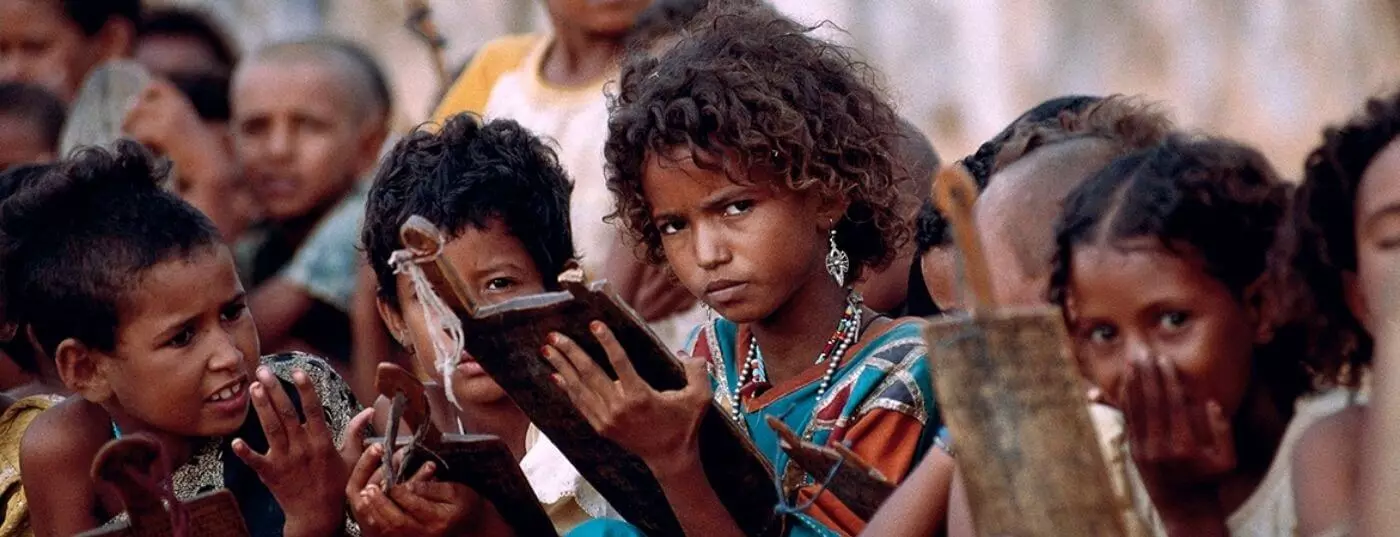
Nowadays, Maur are called Mauritans and are one of numerous African peoples. They are inhabited by the Islamic Republic of Mauritania, which is located on the historical homeland of Moors. This is an interesting Arabic people, which is significantly different from their neighbors, because the ancestors of the Mauritians were the militant tribes of Berber.
Today, the number of inhabitants of Mauritania reaches 3 million people, and they are all custodians of ancient culture, which has passed a difficult path of borrowing and mixing with other ethnic groups. The formation of the Moorish people represented a long process, but today representatives are proud of its past. What can tell us the stories of these tribes? Why do modern Mauritians have so few common features with their ancestors-berbers?
The appearance of Mauritians
Mauritans are considered to be the descendants of the Berber tribes of Gethulov and Santhaji. Initially, the territory of Mauritania inhabited the ancient communities of aborigines, but the large-scale resettlement of the Berber conquerors, which occurred in the I millennium BC, was the reason for the pushing of local residents.
Thanks to trade relations with Roman colonies in Africa, the ancestors of the Mauritians managed to strengthen their possessions. A constant mixing with local non-corrosive tribes, several migration waves caused the emergence of the new People of Mauritania.
Mauritanian people spent most of his life in search of pastures for their livestock, raised horses. These people were adapted to survival in harsh conditions, in the deserts and in case of bad weather. In my opinion, it was precisely such stability that Mauritanians are terrible opponents of all who turned out to be on the way of their conquest.
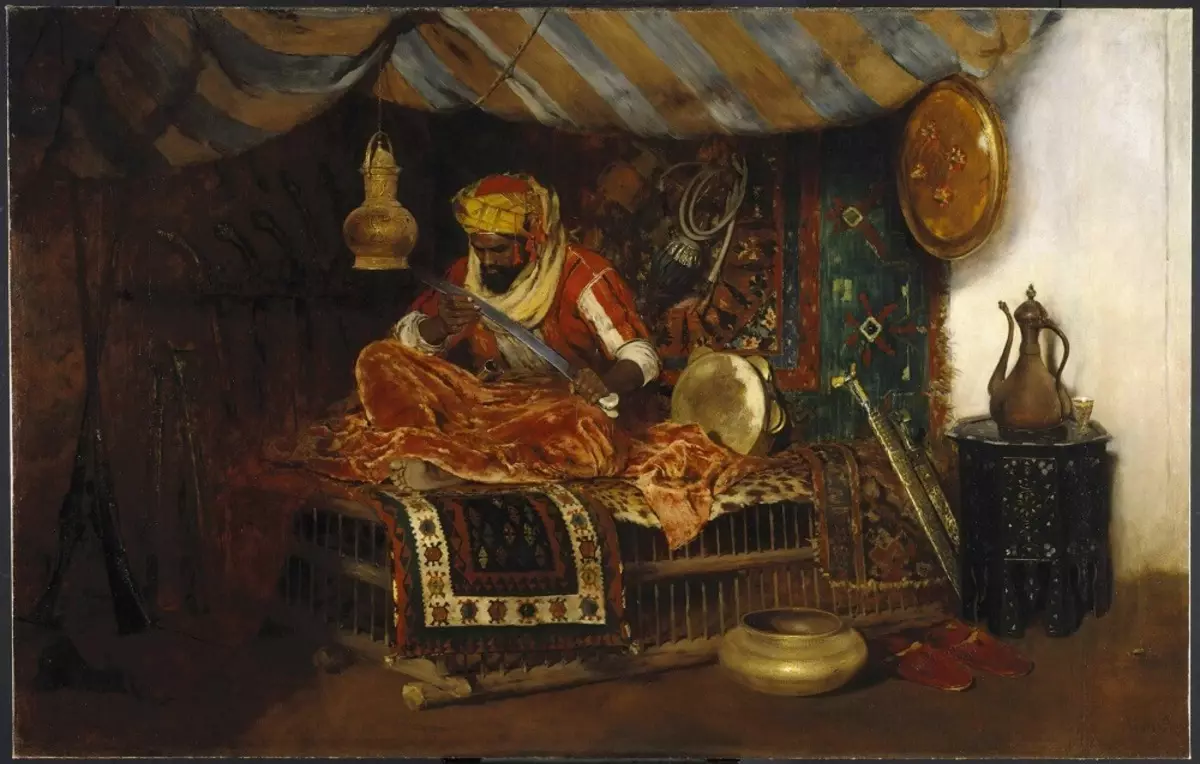
Mauri - Great Warriors
Mauri without exaggeration were excellent warriors. They and numidians represented the best cavaliers of the ancient world. Ancient historians noted that the appearance of the horses of the Mauritians (however, as the riders themselves) were quite unpleasant, but this impression turned out to be deceptive when they entered into battle. Byzantine military commander Solomon described his Moorish opponents:
"Most of their goals, and those that have shields hold them in front of them, short and poorly made, which cannot be dismissed from copies and arrows."The same description is confirmed by images on the trayan column. The Moorish soldiers are depicted on it without armor, their horses are intense, and only a small round shield is noticeable.
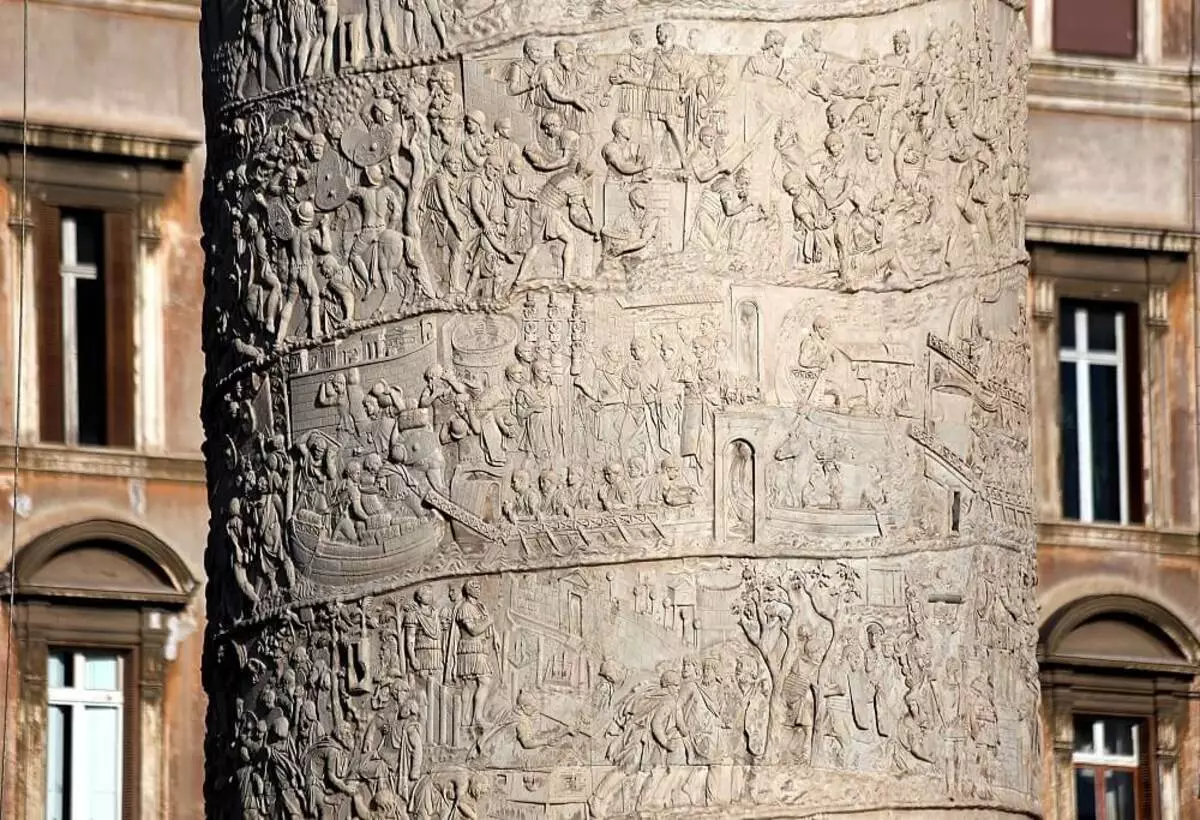
Despite such primitive weapons, the Mauritans were not inferior to the warriors of the great powers of antiquity, even the Romans. However, the people of Mauritania had their own tactics and the art of fighting. A serious weapon in the hands of Mauritan was a dart, which is deftly metal into the enemy without using special belts.
Almost always women and children went with the Moorish army. An explanation of this was a nomadic lifestyle, because men could not leave their families without protection. At the same time, Women Mauritanki did not give way to their tribesmen of strong sex. Bishop Kyreni Sinesey in 411 witnessed an extraordinary spectacle:
"I saw them (Mauritanki) fed their children, squeezing at the same time handling swords."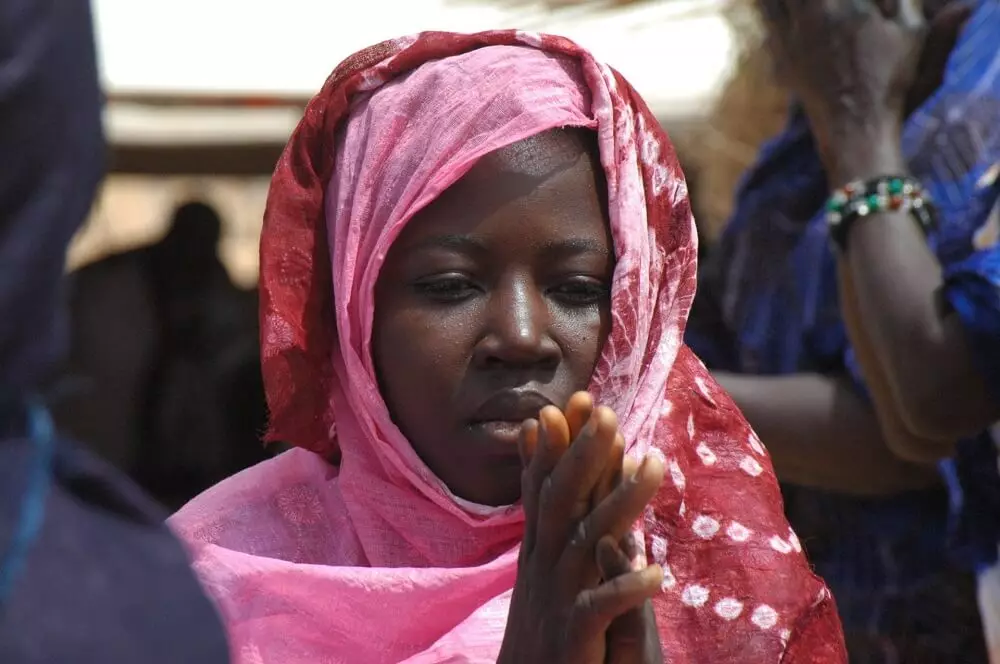
Parish of Arabs
Mauritan military campaigns lasted several centuries, constantly expanding the ownership of nomads. In the XI century, people create their own state, named by the Almoravid kingdom. At this time, universal Islamization begins, and the new religion displaces the previous customs.
In the XIV century, Arabian tribes invade the territory of Mauritania, which bring new culture and lifestyle. It begins the confrontation of local residents and conquerors, but the latter turn out to be stronger.
Part of the Berber tribes was forced to retreat, the part was mixed with alien. The result becomes a complete arabization of the population of Mauritania, and in modern Mauritans there are much more Arab blood than Berber. But, despite this, the foundation for the appearance of the people was Berbers.
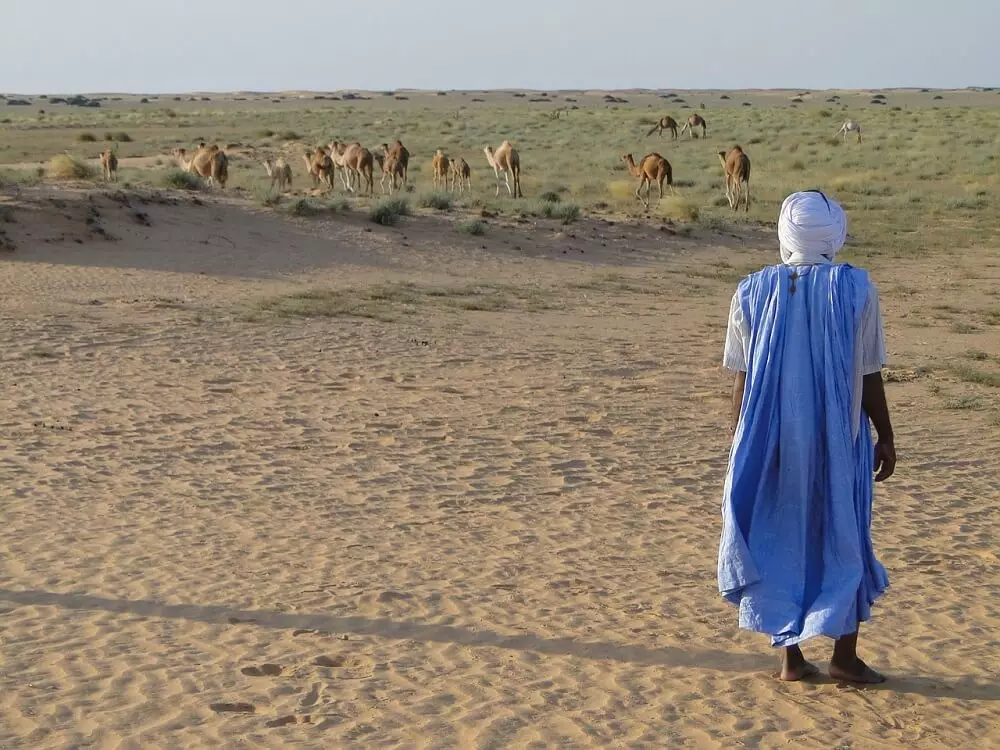
Moorish Society
During the heyday of the kingdom, the Mauritians are the formation of society. Hisana became the highest layer, and Marabuti became the stage below. To breed with marabet was an honor for many Khasanov. However, most of the Mauritania population was Xenag, descendants of Berber and Negroid Native Tribes.
In our time, the principles of Islam became the basis of the behavior of the Mauritians. Nevertheless, travelers noted that in Mauritania, women feel more freer than in a number of other Arab countries. It is allowed to be submitted to divorce (in the case of a proud of the cause), marry on their own solution. Despite the fact that Moorish women rank themselves to the Arab world, their family links and life principles remain Berber.
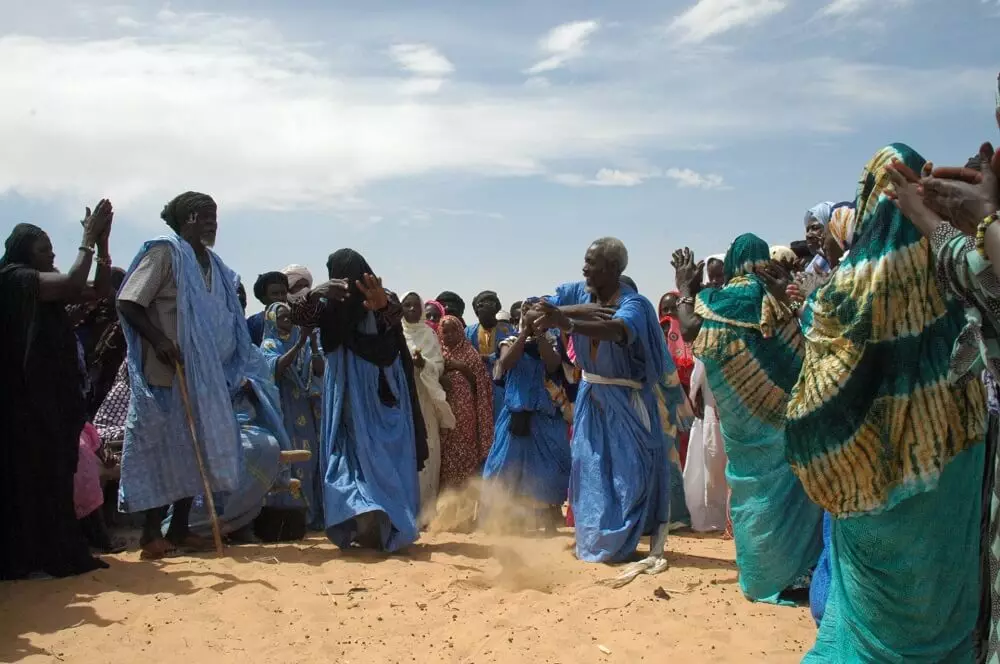
In everyday life, Mauritans use Moorish language, which belongs to Arab dialects. A significant part of the Mauritanian population is fluent in French. This is due to the fact that for a long time Mauritania was the colony of France, which was reflected on some traditions and cultural aspects of modern Moors.
For many people, Mauritans remain one of the most mysterious peoples, which had a significant impact on the history of Spain and Portugal. Linguists note that the mavrov language is quite complicated in the study, but this does not stop those who are really interested in Mauritania and her story. I am sure that these people will be able to open something new and, undoubtedly, amazing in the descendants of Berber and Arabs - Mauritans.
